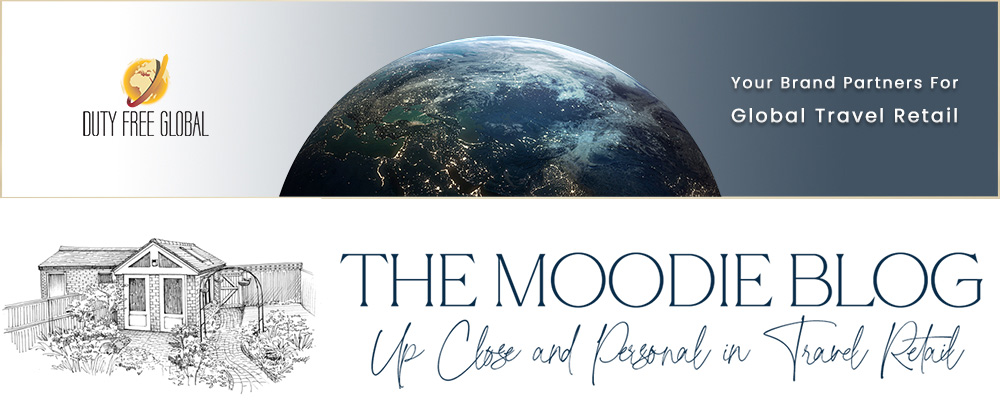Latest posts by Martin Moodie (see all)
‘Chinese tourism to South Korea maintains strong recovery but still short of 2016 levels.’
The headline on the TravelWireNews e-mail sounded interesting. After all, it’s a subject close to my own heart. I’ve been travelling to South Korea every year since 1989 and track its tourism trends closely. I had even written about the same subject earlier the same day.
I read on. The article was bylined to ‘TravelWireNews Editor’. It showed a nice picture of him though it didn’t reveal his name.
“Chinese visitor arrivals rose +45.9% year-on-year in July to 410,337, maintaining the sharp recovery from the 2017 THAAD crisis, according to new Korea Tourism Organization (KTO) figures,” the story read.

“While still far off the pre-THAAD July 2016 record of 917,519, the results continue the positive pattern seen in a +60.9% increase in April, a +46.1% rise in May and +49.0% rise in June. Chinese tourism slumped after the 17 March, 2017 crackdown on group tours to South Korea.”
Mmm, the facts were accurate, the editing concise. I liked the short sharp sentences. But there was something familiar about the turn of phrase. Very familiar in fact. Hold on a minute… it was mine.
In fact the entire article, photos, captions and KTO tables, all independently sourced by me, were mine. There was no attempt at attribution. As my blood rose to approximately the same temperature as Icelandic volcano Mount Eyjafjallajökull before its eruption in 2010, I recalled a similar incident in October 2017.
It involved the same title. On that occasion it claimed that a story headlined ‘A partnership between Spain and Scotland: Glengoyne unveils first travel retail-exclusive range’ was written by a George Taylor, editor in chief. If it was, then he writes in remarkably similar fashion to The Moodie Davitt Report Senior Editor Jason Holland, who in fact penned the whole thing earlier.

After I protested following that incident, describing plagiarism as the worst abuse of journalism, a gentleman named Juergen Thomas Steinmetz, who described himself as Publisher and President, wrote back. This is what he said.
“Dear Martin,
Thanks for your email and your concern.
I fully understand.
Nothing on TravelWireNews is directly produced for TravelWireNews. Articles are from commercial feeds. I am not familiar with your organization, but your content must have been published on one of the content feeds the system receives.
All our own content is on eTurboNews.”
Well that’s alright then. The stolen goods you are in possession of must have simply fallen off the back of a truck. And the truck keeps returning to the neighbourhood.
Except it’s not alright. We have spent a great deal of time and money, and even more blood, sweat and tears over the past 16 years to build The Moodie Davitt Report from a start-up weekly pdf newsletter into the respected multi-media, market-leading title it is today. Much of our success is down to the accuracy and integrity of our content and approach, the mind-boggling hours we put in on ‘the website that never sleeps’, as well as the exclusive nature of much of our editorial and analysis.
I take no more kindly to plagiarism than, say, Cartier takes to counterfeit. I don’t believe a grey market in non-attributed journalism should exist, even in these days of specialist news consolidators. If we quote from an interesting article (for example in our new NEXUS publication), we will always cite the source (heck not just cite it but encourage readers to visit it). We will never pass off someone else’s writing (or their story lead) as our own. Many media titles, particularly in South Korea and China, draw on our content. But unlike TravelWireNews, they always attribute their stories.
Here’s the thing. The Moodie Davitt Report has a unique publishing model. Unlike our direct rivals we do not charge any subscription fee. Yet we invest more in original content and reader services than any other title in travel retail. That model has worked well for us, giving us an unrivalled market penetration but while we provide our copy for free to the travel retail industry, we certainly won’t do so for other commercial publishers, who are not citing it, but stealing it. We will defend our intellectual copyright as zealously as any brand company in travel retail. Plagiarism? Let’s just call it what it is. Theft.

